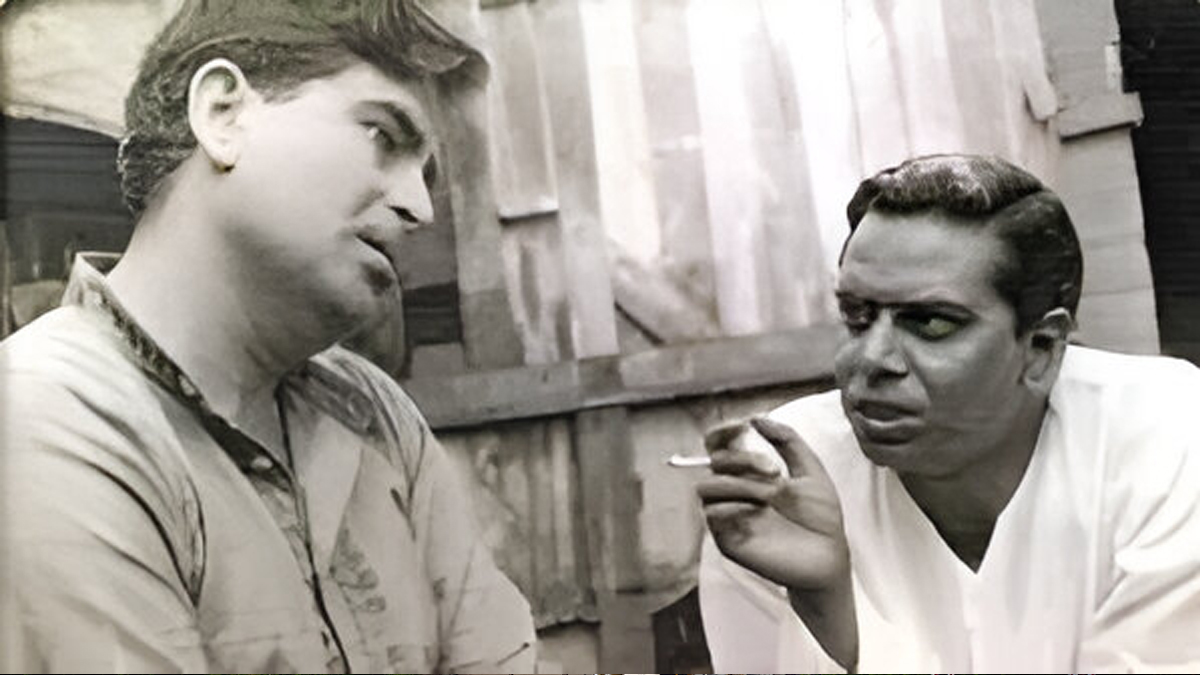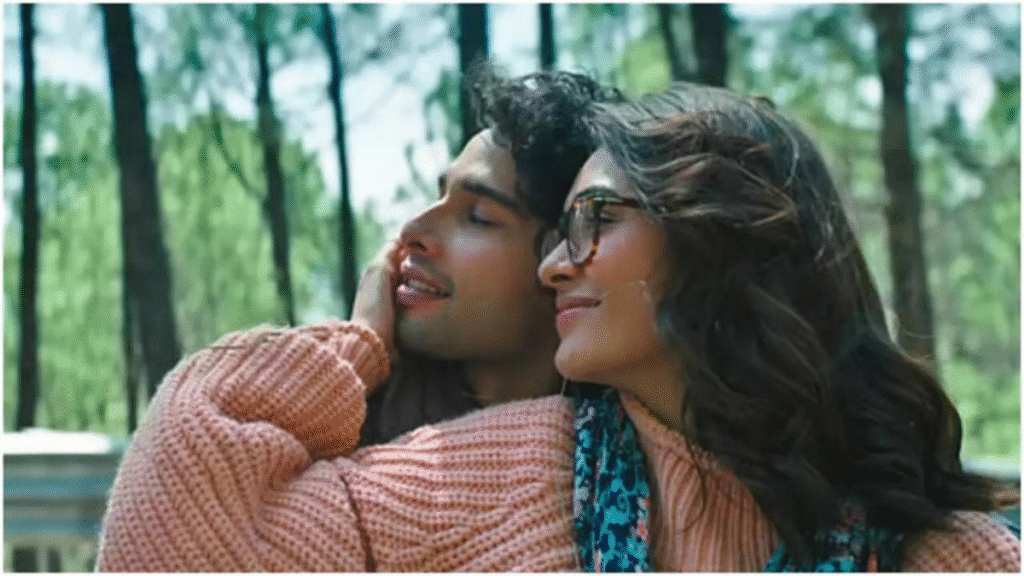Now Reading: Bollywood’s Poetic Genius: The Tragic Downfall of Shailendra, and Raj Kapoor’s Shadow
-
01
Bollywood’s Poetic Genius: The Tragic Downfall of Shailendra, and Raj Kapoor’s Shadow
Bollywood’s Poetic Genius: The Tragic Downfall of Shailendra, and Raj Kapoor’s Shadow

In the glittering annals of Bollywood Golden Age, where legends were forged and cinematic dreams took flight, the name Shailendra shines with a particular brilliance. A poet first and a lyricist second, his words adorned some of Hindi cinema’s most timeless melodies, touching millions of hearts with their simplicity, profound emotion, and earthy wisdom. Yet, the man who painted vibrant emotional landscapes with his pen, tragically breathed his last penniless, burdened by insurmountable debts. Decades later, the celebrated writer Javed Akhtar cast a stark spotlight on this grim reality, placing the blame squarely on the shoulders of none other than Raj Kapoor, the very showman with whom Shailendra shared an iconic, often symbiotic, creative partnership.
Born Shankardas Kesarilal, Shailendra’s journey into the film industry was almost accidental. A railway apprentice with a passion for poetry, he was discovered by Raj Kapoor who was captivated by his raw talent. This serendipitous meeting blossomed into one of Indian cinema’s most cherished collaborations. Together, the trio of Shailendra, Hasrat Jaipuri (another lyricist), and the music directors Shankar-Jaikishan, along with Raj Kapoor’s vision, crafted the musical soul of RK Films. Shailendra’s lyrics for classics like “Awara Hoon” (Awara), “Mera Joota Hai Japani” (Shree 420), “Sajan Re Jhoot Mat Bolo” (Teesri Kasam), and “Kya Hua Tera Wada” (Teesri Kasam) transcended mere words; they became anthems, philosophical musings, and expressions of the common man’s dreams and despairs. His poetry was deeply rooted in Indian ethos, yet universal in its appeal, earning him the moniker “People’s Poet.”
The turning point in Shailendra’s life, and ultimately his tragic undoing, was his foray into film production with the 1966 classic, Teesri Kasam. A deeply personal project, it was a film that Shailendra poured his heart, soul, and indeed, his entire financial being into. Starring Raj Kapoor and Waheeda Rehman, the film was critically acclaimed and went on to win the National Film Award for Best Feature Film. However, its artistic success was tragically inversely proportional to its commercial performance. Beset by production delays, escalating costs, and distribution woes, Teesri Kasam proved to be a colossal financial disaster for Shailendra, leaving him in ruins.
It is this specific period that became the focus of Javed Akhtar’s poignant accusation. Akhtar, a towering figure in contemporary Indian cinema known for his sharp intellect and unwavering honesty, has often spoken about the exploitative underbelly of the industry. He contended that Raj Kapoor, despite being a close friend and the film’s lead actor, did not adequately support Shailendra during Teesri Kasam‘s financial crisis. Akhtar alleged that Kapoor, who was otherwise known for his generosity, failed to bail out his beleaguered lyricist, leaving him to face the brunt of the monumental losses alone. This, according to Akhtar, was a betrayal that broke Shailendra’s spirit and contributed significantly to his decline. The implication was that a powerful figure like Raj Kapoor could have easily mitigated Shailendra’s suffering, but chose not to, or perhaps, was unable to due to his own financial entanglements at the time.
The weight of the debts and the heartbreak of Teesri Kasam‘s commercial failure took a severe toll on Shailendra. His health deteriorated rapidly, both physically and mentally. The man whose words once brimmed with optimism and philosophical joy found himself engulfed in despair. On December 14, 1966, Shailendra passed away at the young age of 43, a mere day after Raj Kapoor’s birthday, and just months after Teesri Kasam was released. He died not just penniless, but reportedly owing money to numerous creditors, a stark and cruel irony for a man whose literary wealth was immeasurable.
Shailendra’s story serves as a somber reminder of the often-harsh realities faced by artists, even those at the pinnacle of their craft. While his legacy as one of Indian cinema’s greatest lyricists remains untarnished, the circumstances of his demise continue to haunt the industry’s collective memory. Javed Akhtar’s outspoken comments merely underscore the complex and sometimes tragic relationships that can exist between artistic collaborators, and the bitter truth that talent, by itself, is often no guarantee against the brutal exigencies of life and commerce. Shailendra remains, in many ways, the unsung poet who sacrificed everything for his art, leaving behind a treasure trove of words, and a cautionary tale echoing through the corridors of Bollywood history.










